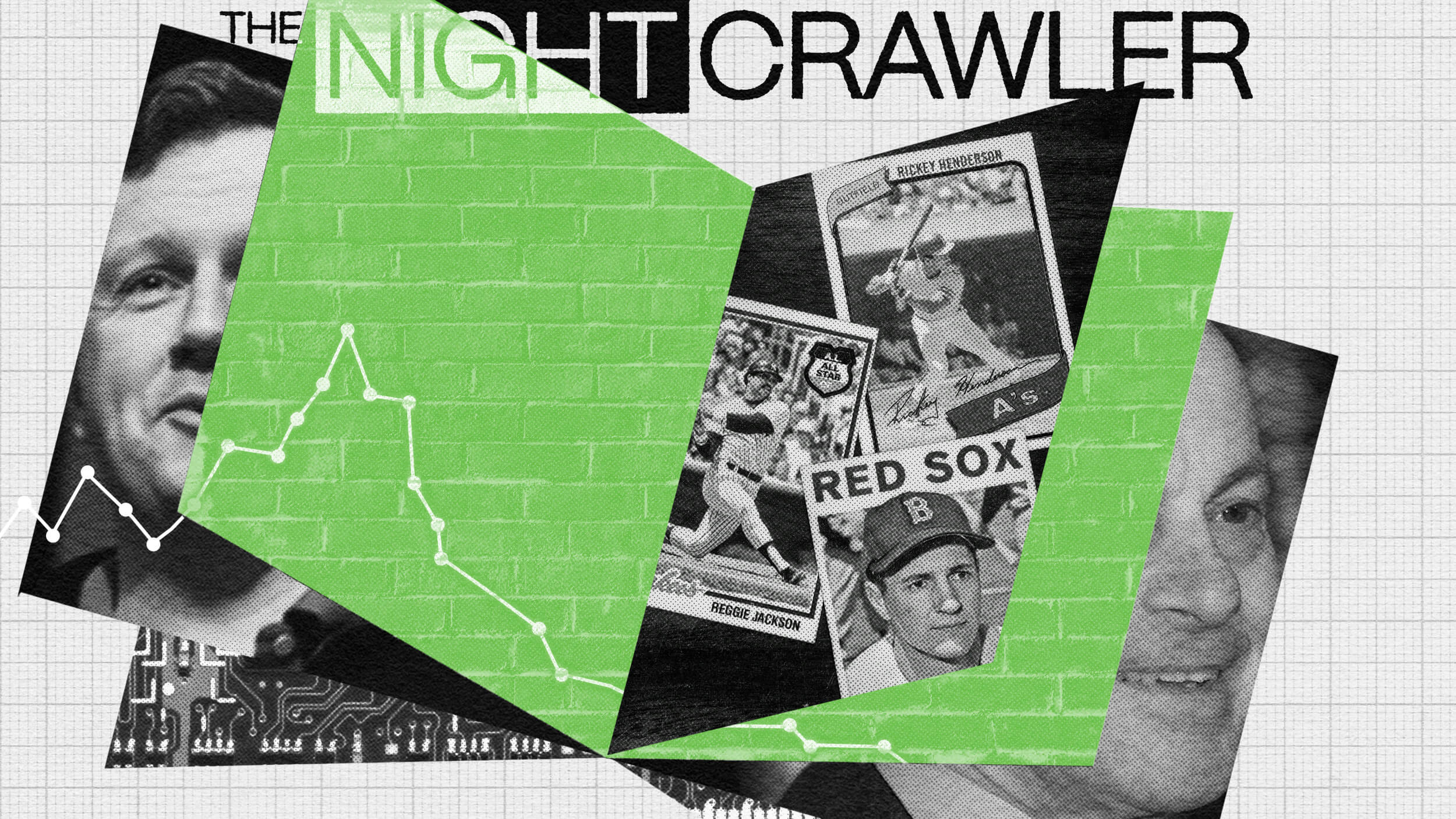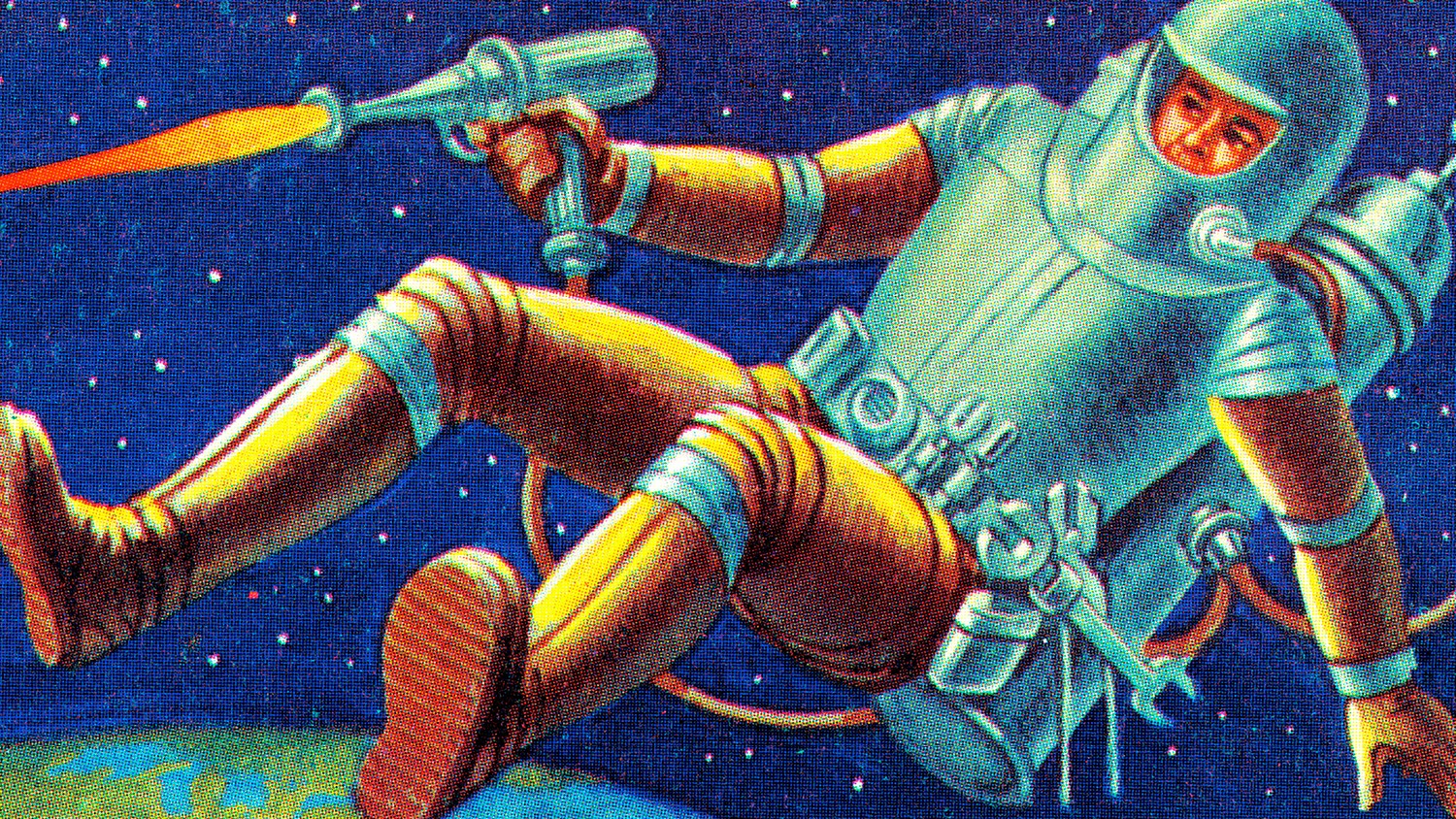Judge Richard Posner on the future of the Roberts court.
Question: What direction is the Roberts court headed?
Richard Posner: Well the replacement of Justice O’Connor by Justice Alito did change the balance on the Supreme Court significantly. And Roberts has shown. He’s new. He’s only been there a couple of years, but seems to be probably actually more conservative than Renquist whom he replaced. It’s a more conservative court, and there are different directions. They could keep chipping away Roe v. Wade.
There’s been a kind of program of conservative retrenchment. Well it’s retrenchment and expansion. It’s not entirely retrenchment. So some of the conservative justices are hostile to federal power. They’d like to alter the boundary between state and federal power in favor of the states.
So Congress is allowed, among other things, to regulate interstate commerce. So the more broadly you define interstate commerce, the greater the Congress’ regulatory power. So they continue shrinking that.
These hot national security issues now, and the conservative justices are more likely to endorse broad presidential power. But that’s less certain. Justice Scalia has actually written a strong opinion in one of the cases against presidential powers, so you can’t be sure. And it’s hard to predict these things because at the moment you have four liberals, four pretty extreme conservatives, and then you have Justice Kennedy in the middle, and he’s actually quite conservative, certainly by historical, if you look back to the ‘60s, very conservative. But he’s not as conservative as those four, so sometimes he swings to the left, and that makes the court quite unpredictable.
So he joined an opinion by Justice Stevens holding that carbon dioxide, the global warning villain, could be deemed a pollutant that the Environmental Protection Agency could regulate. And that was a significant liberal decision, and Kennedy joined that.
He wrote the opinion which invalidated the execution of 17 year olds. And he’s written two opinions that were very sort of pro-homosexual rights. So there is an element of unpredictability in him which makes the entire court unpredictable because he’s the swing justice.
And of course you don’t know when there will be further vacancies, who will fill them, how they’ll be filled. And also justices sometimes change their views. They kind of drift one way or the other.
Another thing related to that drift, it’s often difficult to know whether a judge or justice is changing his ideology, or he’s in the same place, but the environment is shifting. So you can be in the mainstream, and as the stream shifts you find yourself on the extreme left bank or the right bank. So as the court becomes more conservative, some of the conservative judges may say, “Well I’m not really that conservative.” So then they begin to look somewhat more liberal. So I think Justice Black in the ‘60s would have been the extreme liberal drifted as the Warren court became more and more liberal he, not really changing his views particularly, became more conservative. It’s all relative.
Recorded on: Nov 21, 2007





